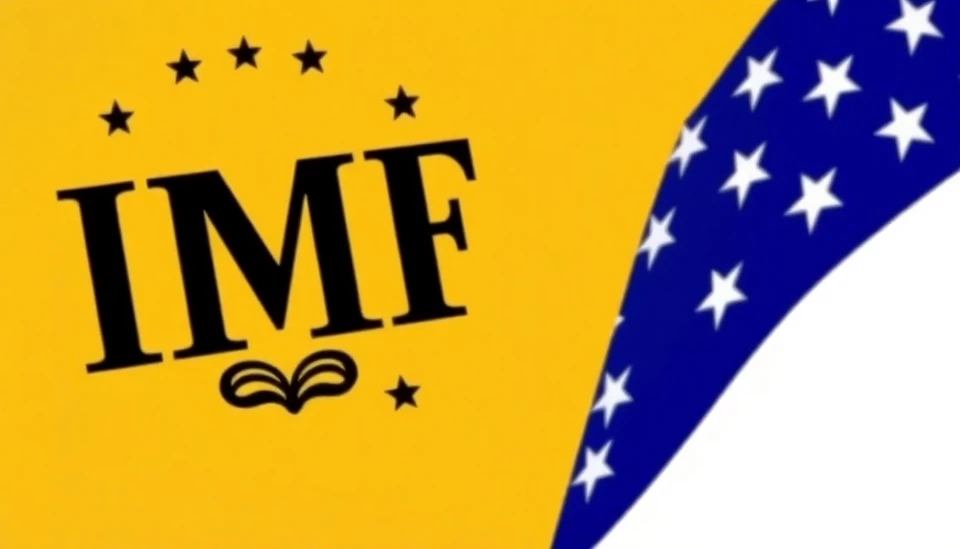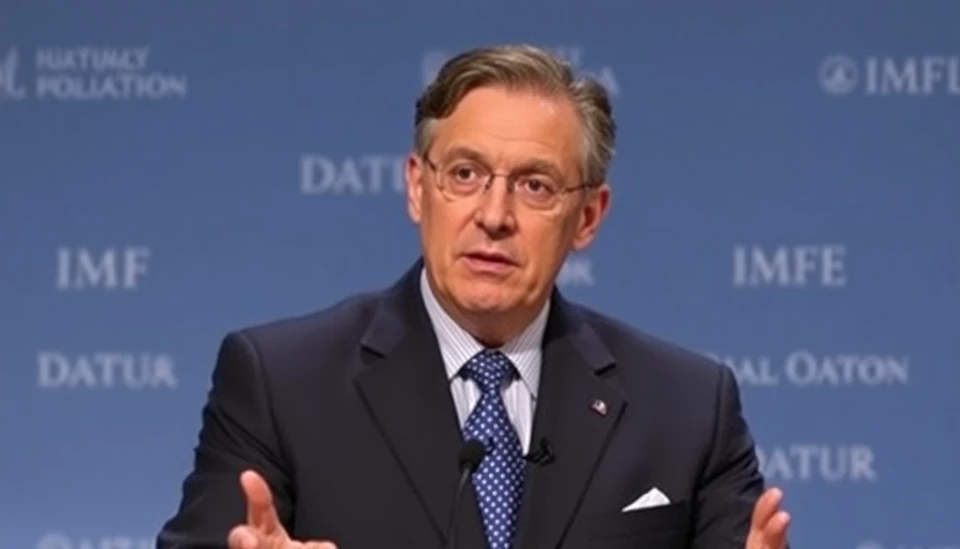
The International Monetary Fund (IMF) has recently indicated that expediting budget tightening in Poland may facilitate quicker interest rate cuts. This revelation comes as the Polish economy navigates through a critical period of adjustment and fiscal discipline, aiming to mitigate inflationary pressures while fostering sustainable growth.
In an official statement from the IMF, the organization emphasized the importance of maintaining strong fiscal policies. They argued that faster budget consolidation could provide the necessary environment for the central bank to lower rates sooner, which would consequently benefit the overall economic landscape. This potential strategy is particularly significant given that inflation has been a pressing concern in Poland, affecting consumer purchasing power and economic stability.
Moreover, the IMF highlighted that Poland has made notable strides in improving its fiscal position over the past year. However, the organization believes that more can be done to enhance the effectiveness of public spending and revenue generation. The IMF’s call for a more aggressive approach to budget management reflects both a recognition of Poland's recent economic challenges and an anticipation of future financial resilience.
The insights from the IMF come as Poland's central bank navigates a delicate balance between stimulating growth and curbing inflation. As economic conditions evolve, the bank is contemplating various strategies to recalibrate interest rates. With the backdrop of global financial uncertainties, the suggestions from the IMF could play a pivotal role in shaping Poland's monetary policies going forward.
Economists and financial analysts are closely monitoring these developments, as timely rate cuts could invigorate investment and consumer spending. The potential for reduced borrowing costs aligns with broader efforts to stimulate economic recovery in the region, amidst ongoing geopolitical tensions and supply chain pressures.
As Poland prepares to tackle these economic challenges, the implications of the IMF's recommendations will be crucial for policymakers. An effective combination of fiscal austerity and monetary easing may provide the pathway to enhanced economic viability and stability for Poland in the upcoming years.
Ultimately, the interplay between budgetary policies and monetary strategy will define the trajectory of Poland's economic recovery and growth. Stakeholders from various sectors await further clarity as the Polish government responds to the IMF's guidance, shaping the country’s financial landscape in the near future.
As the situation unfolds, both domestic and international observers are keen to see how Poland's government will implement these recommendations and the potential impact on the broader European economic framework.
#IMF #PolandEconomy #BudgetCuts #InterestRates #EconomicGrowth #Inflation #MonetaryPolicy #FinancialStability #EconomicRecovery
Author: Daniel Foster




